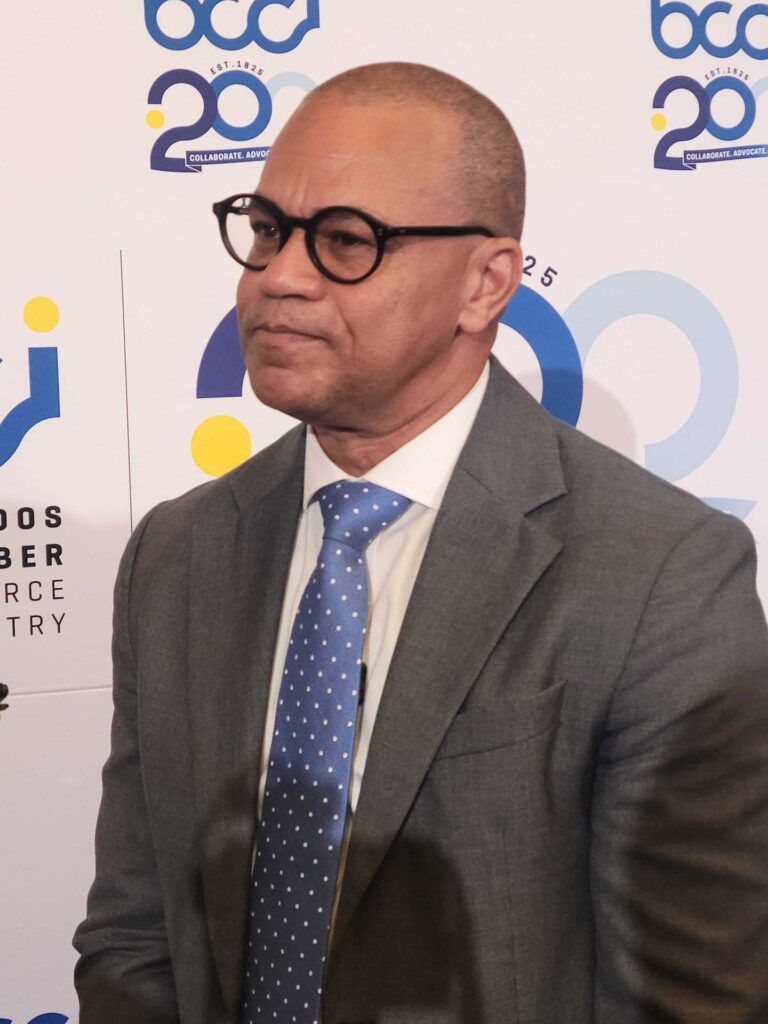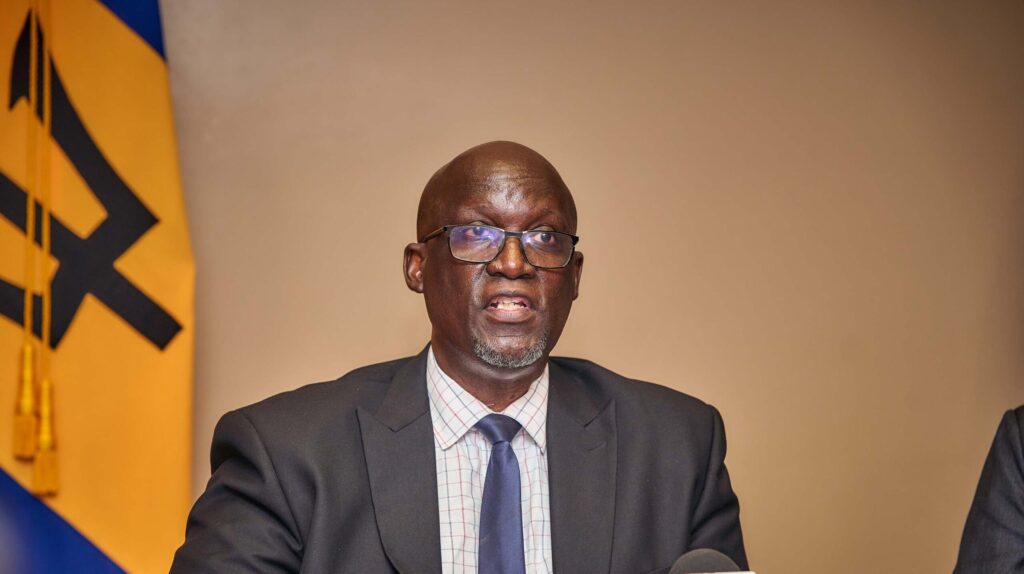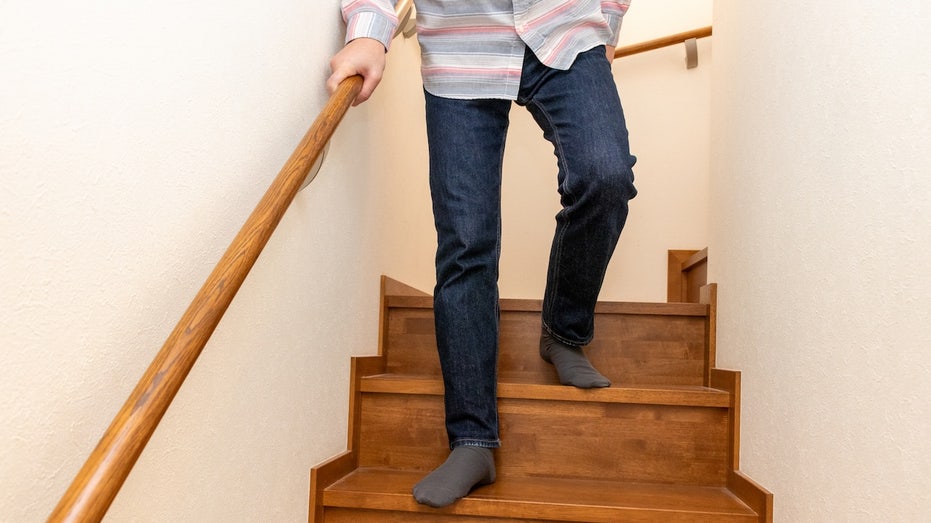Disease risk factors are characteristics or behaviours that increase a person’s chance of developing a particular disease. Not everyone who has a disease risk factor will develop the disease, and there are some people who develop a specific disease without having a disease risk factor.
That said, in our population, the main diseases are the non-communicable diseases (NCDs), like heart diseases and strokes, and cancers. Indeed, in Barbados over the last decade, we average just over a heart attack a day and two strokes every three days.
Not everyone dies after having their first heart attack or stroke, but each month, at least 20 people die after having a heart attack and another 20 die after having a stroke.
The main disease risk factors for the NCDs include a family history, getting older, being overweight or obese, being inactive, unhealthy eating habits, drinking alcohol and cigarette smoking. Some of these cannot be modified or changed, such as getting older or changing your family, but, for the most part, the other disease risk factors can be modified or changed. If you have hypertension, diabetes or high cholesterol, you are perhaps many steps closer to having a full-blown heart attack or stroke, or (heaven forbid) even sudden death. Reaching this point depends largely on your eating, drinking and exercise habits.
So, for example, drinking alcohol increases your risk of having a heart attack. Similarly, being overweight or obese increases your chance of having a heart attack. In fact, the bigger you are, the greater the risk. But if you have two risk factors, such as being an alcohol drinker as well as being overweight or obese, the risk of a heart attack just doesn’t double, but jumps up significantly. Thus, one risk factor plus one risk factor does not just double the risk for a heart attack or stroke, but may increase this risk fivefold.
While normal arithmetic suggests that one plus one equals two, this does not hold for disease risk factors. One disease risk factor plus another disease risk factor may increase the risk of a disease more than two times, for example.
Someone with three risk factors, for example, may have a tenfold (or higher) risk of developing a particular disease.
Learning about your risk factors can help you make informed decisions about your health and lifestyle. It allows you to take steps to reduce your risk, such as making changes to your diet or quitting smoking. Knowing your risk factors can also help you and your family doctor monitor your health more closely and potentially prevent a disease, or catch a disease early, when it may be reversed or easily treated and controlled.
We now know that some of the ‘modifiable’ risk factors for cardiovascular disease, such as smoking, drinking alcohol, poor diet, inactivity and overweight/obesity, are also the risk factors for many (but not all) cancers. Thus, if we wish to lower our rates of cardiovascular disease and cancer, we must address the risk factor stage of many conditions before they become full-blown diseases that are often difficult to reverse.
As far as cardiovascular diseases are concerned, over the last decade, scientists have developed “Cardiovascular Risk Tables”, which allow doctors to ‘tally’ the cardiovascular risk of individuals, and calculate the chance of that individual having a major cardiovascular event (like a heart attack or stroke) in the next ten years, for example.
This then allows the doctor-patient to identify specific targets, e.g. lose 10 lbs, and lower your systolic blood pressure by 10 mmHG, to lower the chance that you would develop a major cardiovascular event.
The Pan American Health Organisation, PAHO, has introduced a cardiovascular risk calculator called Cardiocal, for specific countries in Latin America and the Caribbean, including Barbados. This was part of the Hearts in the Americas programme, aiming to promote the adoption of best practices in the prevention and control of cardiovascular diseases (CVD). Use of this calculator should give doctors and their patients targets that can eventually reduce the risk of a major cardiovascular event, lower the overload at the Accident and Emergency Department, and lower the suffering and deaths associated with these major cardiovascular events.
The latest hypertension guidelines, the first ‘upgrade’ since 2017, were endorsed by the American Heart Association (AHA) and the American College of Cardiology (ACC), released a few days ago, suggest individual treatment guidelines based on an individual’s cardiovascular risk calculated in a table called PREVENT. PREVENT, unlike Cardiocal, is not calibrated for Latin America and Caribbean use. These 2025 updates represent a more aggressive approach towards managing high blood pressure, based on the latest research. But in the Caribbean, we should still be using Cardiocal.
These are also risk factor calculators for kidney (renal) disease and a few other conditions, but at this time, these do not seem to be in widespread use, perhaps until they are calibrated for specific populations.
Thus, a ‘touch of sugar’, plus a ’touch of pressure’ and only ‘one or two drinks’ can send you on a one-way trip to the local cemetery. A little bit of laziness plus a little bit of ‘lickrishness’ add up to big trouble, as far as ‘life and death’ are concerned. Beware disease risk factors.
Dr Colin V Alert is a family physician and former researcher with the Chronic Disease Research Centre.
The post One plus one equals trouble: The hidden math of disease risk appeared first on Barbados Today.



